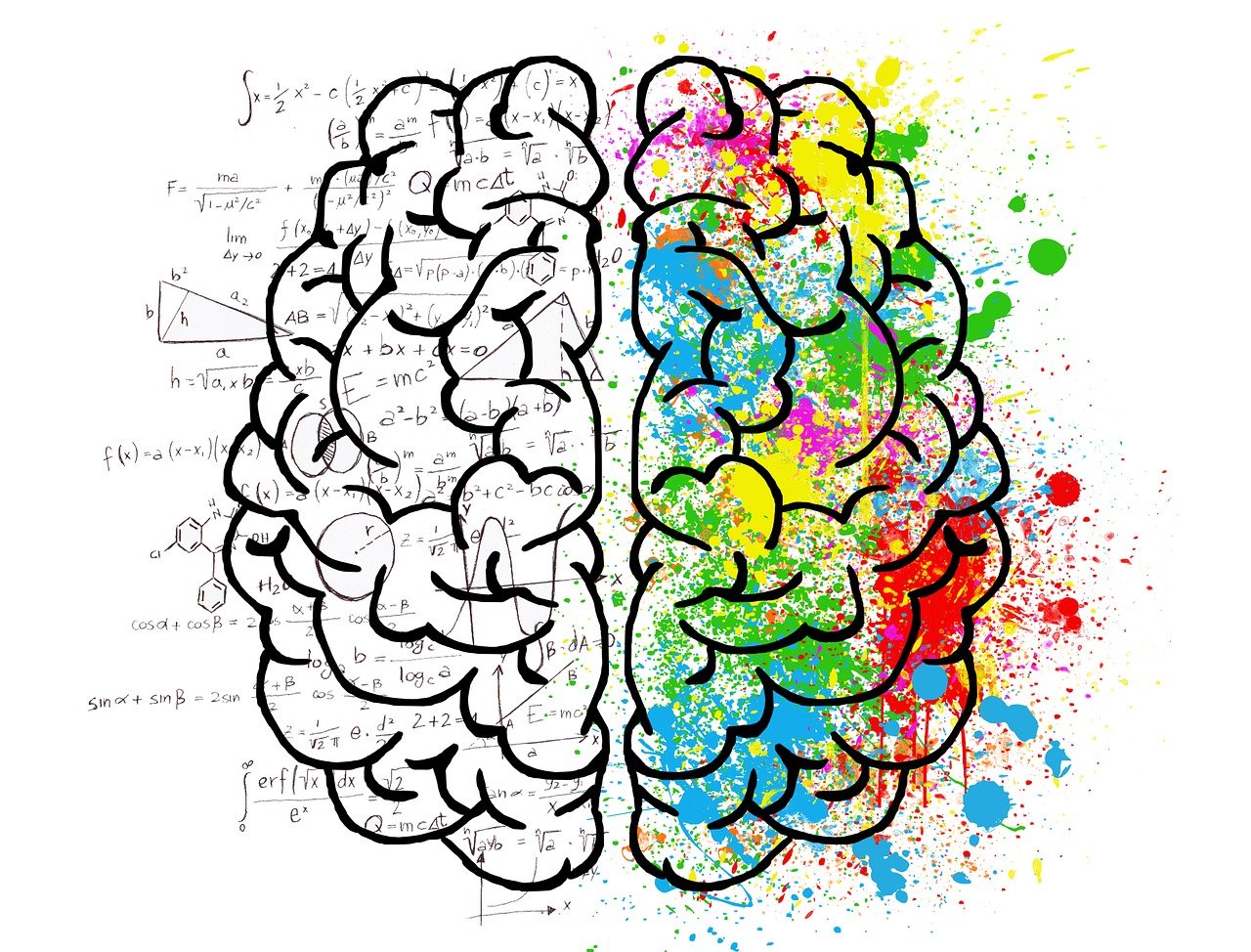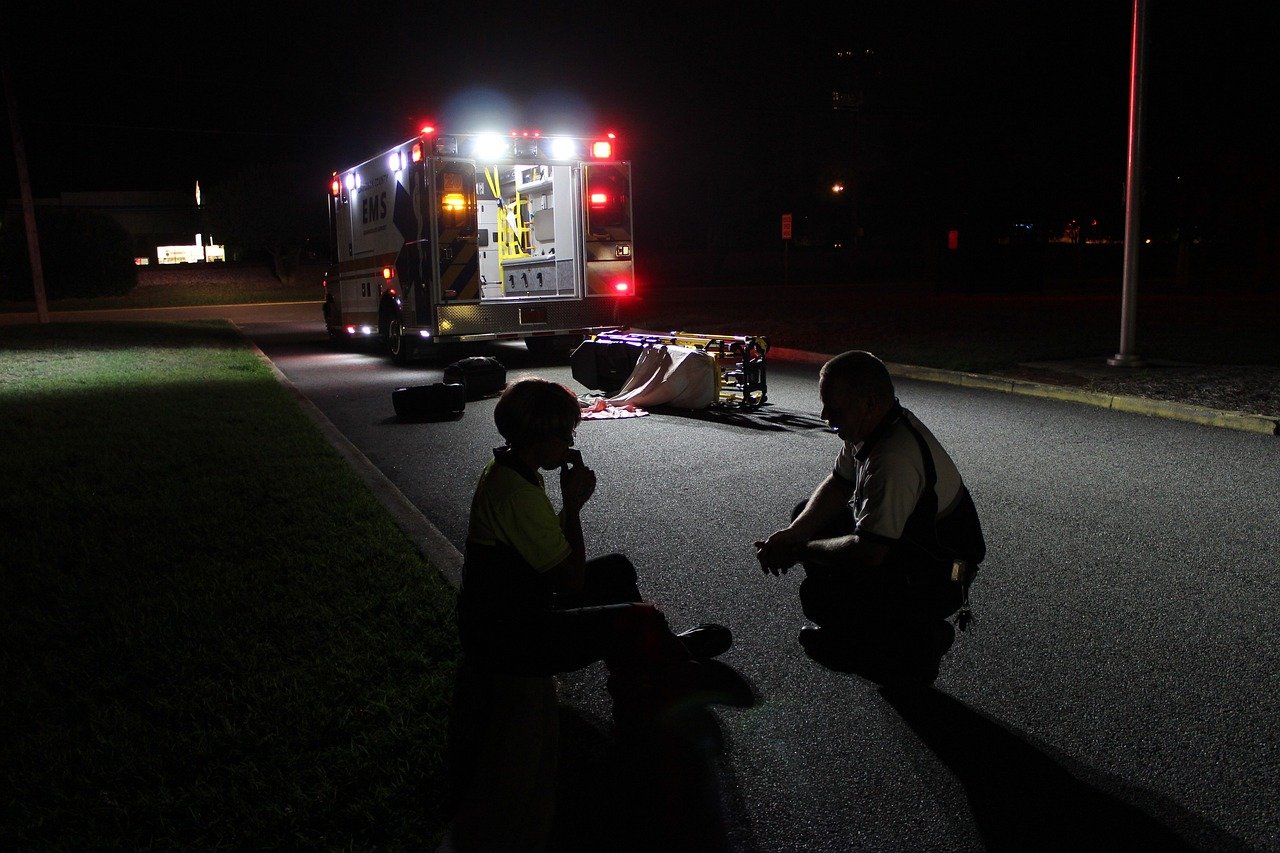Click below to listen to this article:
post-traumatic stress disorder
Post-traumatic stress disorder (PTSD) is a mental health condition that affects people who have experienced or witnessed a traumatic event, such as a violent assault, a natural disaster, a serious accident, or a life-threatening illness. PTSD can cause a range of symptoms, such as intrusive memories, nightmares, flashbacks, avoidance of reminders, negative thoughts and feelings, and increased arousal and reactivity. These symptoms can interfere with daily functioning and quality of life.
self-transcendence is a psychological concept that refers to the ability to go beyond one’s own self-interests and ego boundaries, and connect with something greater than oneself, such as nature, spirituality, humanity, or a higher purpose. self-transcendence can enhance well-being, meaning, and resilience, especially in times of stress and adversity. It can also help people with PTSD cope with their trauma and recover from their symptoms.
In this article, we will provide an introduction to post-traumatic stress disorder and self-transcendence. We will explain what causes PTSD, how it is diagnosed and treated, and how self-transcendence can help people with PTSD heal and grow. We will also provide some examples of self-transcendence activities and practices that can be beneficial for people with PTSD.
Causes of PTSD
post-traumatic stress disorder (PTSD) is a mental health condition that can develop after experiencing or witnessing a traumatic event, such as a natural disaster, a violent crime, a serious accident, or a war. PTSD can cause a range of symptoms, such as flashbacks, nightmares, intrusive thoughts, avoidance behaviours, negative mood changes, and hyper-arousal.
The causes of PTSD are not fully understood, but some factors may increase the risk of developing it. These include:
- The type and severity of the traumatic event. Some events, such as sexual assault, torture, or combat exposure, are more likely to cause PTSD than others.
- The duration and frequency of the trauma exposure. The longer and more often a person is exposed to trauma, the higher the risk of developing PTSD.
- The individual’s personality and coping skills. Some people may have a higher vulnerability to PTSD due to their genetic makeup, temperament, or previous mental health problems. Others may have more effective coping strategies or social support that can help them deal with trauma.
- The availability and quality of treatment and support. Getting timely and appropriate treatment and support after a traumatic event can reduce the risk of developing PTSD or help manage its symptoms.
Left-brain/right brain fragmentation in post-traumatic stress disorder

`
The theory of left-brain/right-brain personality fragmentation in relation to post-traumatic stress disorder (PTSD) is based on the split-brain theory, and it is the idea that the two hemispheres of the brain have different functions and can dissociate from each other under extreme stress. According to this theory, the left brain is responsible for logical, analytical, and verbal processing, while the right brain is responsible for emotional, intuitive, and non-verbal processing.
When a person experiences a traumatic event, such as abuse, violence, or war, the left brain may become overwhelmed by the negative emotions and memories, and shut down, leaving the right brain to cope with the situation. This may result in a fragmentation of the personality, where different aspects of the self are stored in different parts of the brain and may not communicate with each other. Some symptoms of this fragmentation include flashbacks, nightmares, dissociation, identity confusion, and emotional numbing. The theory of left-brain/right-brain personality fragmentation suggests that to heal from PTSD, a person needs to integrate the two hemispheres of the brain and reconnect with their whole self.
Related to the split-brain theory, is the dissociative theory of trauma. This explains how dissociative thought-forms can be created as a result of trauma.
Treatments for post-traumatic stress disorder
There are different treatments available for PTSD, depending on the severity and duration of the symptoms, as well as the preference and needs of the individual. Some of the most common and effective treatments are:
- trauma-focused cognitive behavioural therapy (TF-CBT). This is a type of talking therapy that helps people process and cope with their traumatic memories, challenge their unhelpful beliefs, and reduce their distress and avoidance. TF-CBT usually involves 8 to 12 sessions of 60 to 90 minutes each, with a trained therapist.
- eye movement desensitization and reprocessing (EMDR). This is another type of talking therapy that uses eye movements to help people process and reconsolidate their traumatic memories, reduce their emotional distress, and enhance their positive beliefs. EMDR usually involves 8 to 12 sessions of 60 to 90 minutes each, with a trained therapist.
- Medication. Some antidepressants, such as sertraline, paroxetine, fluoxetine, and venlafaxine, may help reduce the symptoms of PTSD, such as anxiety, depression, and insomnia. Medication should be prescribed by a doctor and monitored regularly. Medication may be used alone or with talking therapies.
These treatments have been shown to be effective for many people with PTSD, but they may not work for everyone. It is important to seek professional help if you think you have PTSD and discuss your treatment options with your doctor or therapist. You can also find more information and support from various organizations and websites that specialize in PTSD.
post-traumatic stress disorder and self-transcendence
self-transcendence is a psychological construct that refers to the ability to go beyond one’s own self-interests and ego boundaries, and connect with something greater than oneself, such as nature, spirituality, humanity, or a higher purpose. self-transcendence can enhance one’s wellbeing, meaning in life, and resilience.
The relationship between PTSD and self-transcendence is complex and multifaceted. On one hand, some studies have suggested that self-transcendence can be a protective factor against PTSD, as it can help people cope with trauma by providing them with a sense of hope, purpose, and belonging. On the other hand, some studies have indicated that self-transcendence can also be a risk factor for PTSD, as it can make people more vulnerable to trauma by increasing their sensitivity, empathy, and emotional involvement. Additionally, some studies have proposed that self-transcendence can be an outcome of PTSD, as it can emerge from the process of post-traumatic growth, which is the positive psychological change that can occur after facing adversity.
self-transcendence techniques for PSTD
Some self-transcendence techniques that can be useful for PTSD are:
- Emotional Freedom Techniques (EFT): This is a form of therapy that combines tapping on specific acupressure points with verbal statements related to the trauma or the symptom. EFT can help reduce anxiety, depression, pain, and cortisol levels associated with PTSD.
- eye movement desensitization and reprocessing (EMDR): This is a form of therapy that involves moving the eyes back and forth while recalling the traumatic event or the symptom. EMDR can help process and reframe the trauma memory and reduce its emotional impact.
- Meditation: This is a practice that involves focusing one’s attention on a chosen object, such as the breath, a mantra, or a sound. Meditation can help cultivate mindfulness, awareness, compassion, and self-regulation. It can also enhance self-transcendence by fostering a sense of connection with oneself, others, and the universe.
- Yoga: This is a physical and mental discipline that involves postures, breathing exercises, and relaxation techniques. Yoga can help improve physical and mental health by reducing stress, improving mood, enhancing flexibility, and strengthening the immune system. It can also promote self-transcendence by integrating body, mind, and spirit.
- Volunteering: This is an activity that involves giving one’s time, skills, or resources to help others in need. Volunteering can help increase self-esteem, social support, life satisfaction, and well-being. It can also foster self-transcendence by creating a sense of purpose, gratitude, and generosity.
- Nature: This is an exposure to natural environments, such as forests, parks, mountains, or oceans. Nature can help improve physical and mental health by reducing stress, blood pressure, heart rate, and inflammation. It can also facilitate self-transcendence by eliciting awe, wonder, and appreciation for the beauty and complexity of life.
Examples of individuals who have recovered from PTSD through self-transcendence
Here are some examples of people who have recovered from PTSD through self-transcendence:
- A veteran who survived a roadside bomb in Iraq found healing by volunteering at a local animal shelter, where he felt compassion and gratitude for the animals he cared for.
- A survivor of sexual assault who felt ashamed and isolated turned to art as a way of expressing her feelings and reclaiming her identity. She joined an online community of artists who supported her and appreciated her work.
- A refugee who witnessed the death of his family during a civil war found solace in his faith, which gave him strength and comfort. He also joined a church group that helped other refugees settle in his new country.
- A firefighter who developed PTSD after responding to a deadly fire discovered a passion for gardening, which helped him relax and enjoy nature. He also shared his produce with his neighbours and friends.
- A nurse who suffered from PTSD after working in a COVID-19 ward decided to pursue a master’s degree in public health, which motivated her to learn new skills and make a positive impact on society.
Further reading
Here is a detailed list of weblinks that investigate the relationship between PTSD and self-transcendence:
A study by Koenig et al. (2015) that examined the role of self-transcendence in reducing PTSD symptoms among veterans with combat-related trauma. The study found that self-transcendence was positively associated with posttraumatic growth and negatively associated with PTSD severity. The url is: https://www.ncbi.nlm.nih.gov/pmc/articles/PMC4675708/
A review by Büssing et al. (2014) that explored the concept of self-transcendence and its implications for health and well-being. The review suggested that self-transcendence may enhance coping with stress and trauma, foster resilience and meaning in life, and facilitate spiritual development. The url is: https://www.frontiersin.org/articles/10.3389/fpsyg.2014.01276/full
A book by Frankl (2006) that described his experiences as a Holocaust survivor and his development of logotherapy, a form of existential psychotherapy that focuses on finding meaning and purpose in life. The book argued that self-transcendence is the essence of human existence and the key to overcoming suffering and despair. The url is: https://www.amazon.com/Mans-Search-meaning-Viktor-Frankl/dp/080701429X
A paper by Tedeschi and Calhoun (2004) that proposed a model of posttraumatic growth, which is the positive psychological change that occurs as a result of adversity and challenge. The paper identified self-transcendence as one of the domains of posttraumatic growth, along with personal strength, new possibilities, relational enhancement, and appreciation of life. The url is: https://psycnet.apa.org/record/2004-17632-004
A dissertation by Hwang (2011) that investigated the effects of self-transcendence on psychological well-being among Korean women with breast cancer. The dissertation found that self-transcendence was positively related to life satisfaction, happiness, optimism, and hope, and negatively related to depression, anxiety, and PTSD symptoms. The url is: https://scholarworks.waldenu.edu/cgi/viewcontent.cgi?article=1980&context=dissertations



0 Comments